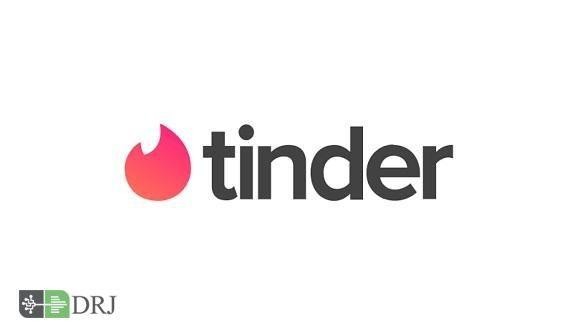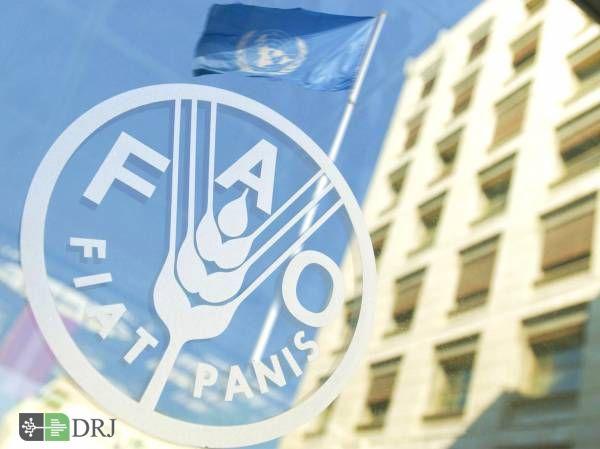Is a world without middlemen really a good thing?
A recent piece in the Harvard Business Review entitled The Promise of Blockchain Is a World Without Middlemen lays out the case for decentralized networks in evangelical language. As the author writes, “Decentralization offers the promise of nearly friction-free cooperation between members of complex networks that can add value to each other by enabling collaboration without central authorities and middle men.”
But is it a given that such a world is what customers really want?

The Job of the Middleman
Middlemen make for an easy target for disgruntled customers and observers of the economy. At times it can be unclear how they are adding value to a transaction. Sometimes it looks like middlemen are simply inserting themselves into a transaction to increase costs and take a cut.
I previously wrote about middlemen and the ways in which they are continuing to provide value in the new digital economy. In my upcoming book, preliminarily titled The New Invisible Hand, I will continue to explore how different types of middlemen and the process of reintermediation are continuing to create real value for customers — and consequently earn strong profits.
Many of the largest success stories of the digital economy are middlemen to some extent. Google grew by connecting users to others’ websites through its search engine. Amazon helps customers find products and hosts third-party reviews. Uber and Airbnb, of course, are built on the premise that they own neither taxis nor hotels yet provide similar services to the masses.
An important attribute of the middleman is bringing trust and compliance to a marketplace. Proponents of completely decentralized networks talk about how their systems can provide both as well, but there are downsides of not having a relatively strong central authority as enforcement. And if there are downsides, that means that there is an opportunity to provide a different service.
Pure Intermediary vs. Enforcer
Take Craigslist, which provides little more than a method for potential buyers and sellers to find each other. It works well, but mostly operates under buyer-beware (and seller-beware). If a transaction goes south, Craigslist has little to no role in mediating.
That works for some users, but also opened an opportunity for services like Reverb to offer more. Reverb is a marketplace for the buying and selling of musical equipment. Such goods tend to be expensive, hard to ship, and subjective in value. To encourage commerce through its platform, Reverb takes responsibility for mediation:
In the case of a dispute, Reverb will contact the seller directly to help broker a return or refund for the fastest possible resolution. If resolution cannot be reached, we will help the buyer obtain a refund through one of several avenues.
If payment was made through PayPal, we will walk you through their claim process and, if needed, provide materials necessary to ensure this process reaches the correct end.
If payment was made via Reverb Payments, we will issue a refund directly to the buyer’s credit card if we are unable to find a reasonable solution with the seller.
If you are unhappy with your purchase in any way, please fill out this form and our Resolutions Team will get back to you within 48 hours.
That’s a lot of work! But it’s very valuable in assuaging the concerns of buyers and sellers who want a little more assistance than what Craigslist offers.

Who’s Watching Out for You?
Coinbase, an online platform for trading cryptocurrencies, was recently written up by The Economist in a piece that talks about the promises and perils of its model. One concern is theft; such stories of individuals and exchanges being targeted make the news regularly. And this highlights one issue of such decentralized systems. In the words of Coinbase’s CTO, “As a bank chief executive you can authorise a big wire transfer in a robbery, and then undo it the next day. Digital currencies are like handing over a suitcase of cash. You can’t get it back.”
Traditional banking and credit providers aren’t perfect for everyone, but they do have mechanisms to protect their users in the case of theft and fraud. It is almost unbelievably easy to dispute a credit card charge. The fact that such services have proliferated is evidence that at least some customers find them very useful, and are implicitly willing to pay for them.
Cryptocurrencies, built on blockchain, have this issue. The decentralized nature of the technology doesn’t stop theft from occurring and offers no recourse when it does. Like Craigslist, the flexibility and anonymity is worth the risk for many people. But certainly not everyone. Many people want the value that intermediaries can provide.
Decentralized networks such as those enabled by blockchain will surely change many industries, but so long as middlemen provide value there will be customers willing to pay for it. Middlemen won’t be disappearing anytime soon, and that’s a good thing.
Originally published at www.wiglafjournal.com.
Whither Middlemen? was originally published in NewCo Shift on Medium, where people are continuing the conversation by highlighting and responding to this story.

ایده ها برای استارت آپ موجب رونق کسب و کارهای اینترنتی
آینده / استارت آپ

استارتآپها ادبیات بازار سرمایه را بلدند؟
استارت آپ

صدور تاییدیه دانش بنیانی شتابدهنده صدر فردا
اخبار / استارت آپ

اپلیکیشن شارژاپ
گوناگون / استارت آپ / رپرتاژ آگهی / بازتاب

جذابترین ایدههای B2B در سال 2020
استارت آپ

تعریف استارت آپ startup
دانشنامه / استارت آپ / مقاله

۱۰ استارتاپ که بدون سرمایه به سوددهی رسیدند
استارت آپ

ایده ها و پیشنهاد برای استارت آپ در سال جدید
راهکارها و ترفند ها / استارت آپ

استارتآپ ایرانی؛ مرجع اول زنان افغان
استارت آپ

شروع یک کسب و کار نوپا پلتفرمی
استارت آپ

برنامه شبکه اجتماعی تیندر
گوناگون / معرفی وب سایت / استارت آپ

10 استارت آپ برتر تاکسیرانی جهان
استارت آپ

پخت پیتزاهای هیجان انگیز با هوش مصنوعی
آینده / استارت آپ

ایده های استارتاپی فراموش شده
دورنما / بازار / استارت آپ

اپل، استارتاپ فناوری خودران Drive.ai را تصاحب کرد
استارت آپ

بررسی مهمترین چالشهای تیمهای استارتاپی
استارت آپ

نگرانی کاربران از هزینه تعمیر و تامین قطعات
گفت و گو / بازار / استارت آپ

مصاحبه با مدیرعامل و بنیانگذار استارتاپ Moz
گفت و گو / استارت آپ

آشنایی با استارت آپ های حوزه مدیریت آب
استارت آپ

راه اندازی ۷۰ استارت آپ توسط نخبگان ایرانی
استارت آپ

معرفی هشت استارتآپ موفق ایرانی در حوزه فینتک
استارت آپ

اولین مرورگر شرعی دنیا
استارت آپ

از صفر تا پیست
استارت آپ

معرفی برترین استارتاپهای CES 2019
اخبار / استارت آپ

ازدواج با فرد ثروتمند یا خوش اخلاق
سبک زندگی / برترین ها

هدف از تشکیل خانواده چیست
سبک زندگی

اول عاشق شویم، بعد ازدواج کنیم
سبک زندگی

خانواده چیست
سبک زندگی

مشاوره خانواده چیست؟
سبک زندگی

اولویتهای پسانداز خانواده چیست؟
سبک زندگی

هزینه های خانواده چیست؟
سبک زندگی

راهکار بیشتر حرف زدن اعضای خانواده چیست؟
سبک زندگی

چرخه زندگی و خانواده چیست؟
سبک زندگی

اهداف و اصول تشکیل خانواده
سبک زندگی

آموزش جنسی نادرست به سبک خانم جلسه ای
سبک زندگی

لطفا تماشاچی آزار زنان نباشید!
سبک زندگی

کودک آزاری؛ از نشانهها و دلایل تا درمان
گزارش / سبک زندگی / پرورش کودکان

روش های تعیین هدف و مسیر زندگی برای رسیدن به موفقیت
سبک زندگی
مجله اینترنتی دیپروتد نشریه مجازی بر بستر اینترنت به مسائل آموزشی و مقالات پیرامون کسب وکار های نوپا یا استارت آپ ها و سبک زندگی است فعالیت و محتوای مطالب ارائه شده در سایت همه بیشتر در حوزه مدیریت، کارآفرینی ، روانشناسی ،اقتصادی و فناوری اطلاعات است نام اصلی دیپروتد "ریشه های عمیق " با مجوز رسمی از هیات نظارت برمطبوعات مشغول به فعالیت است
ما را در شبکه های اجتماعی دنبال کنید
تمامی حقوق برای سایت فوق محفوط است.
S-TECH: ایرانی توانمند | Powered by: مجله اینترنتی دیپروتد









